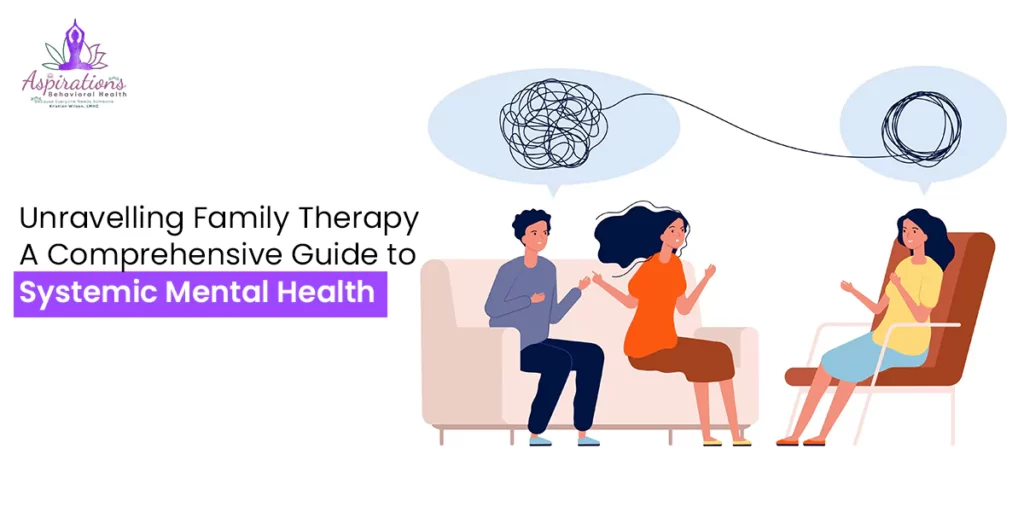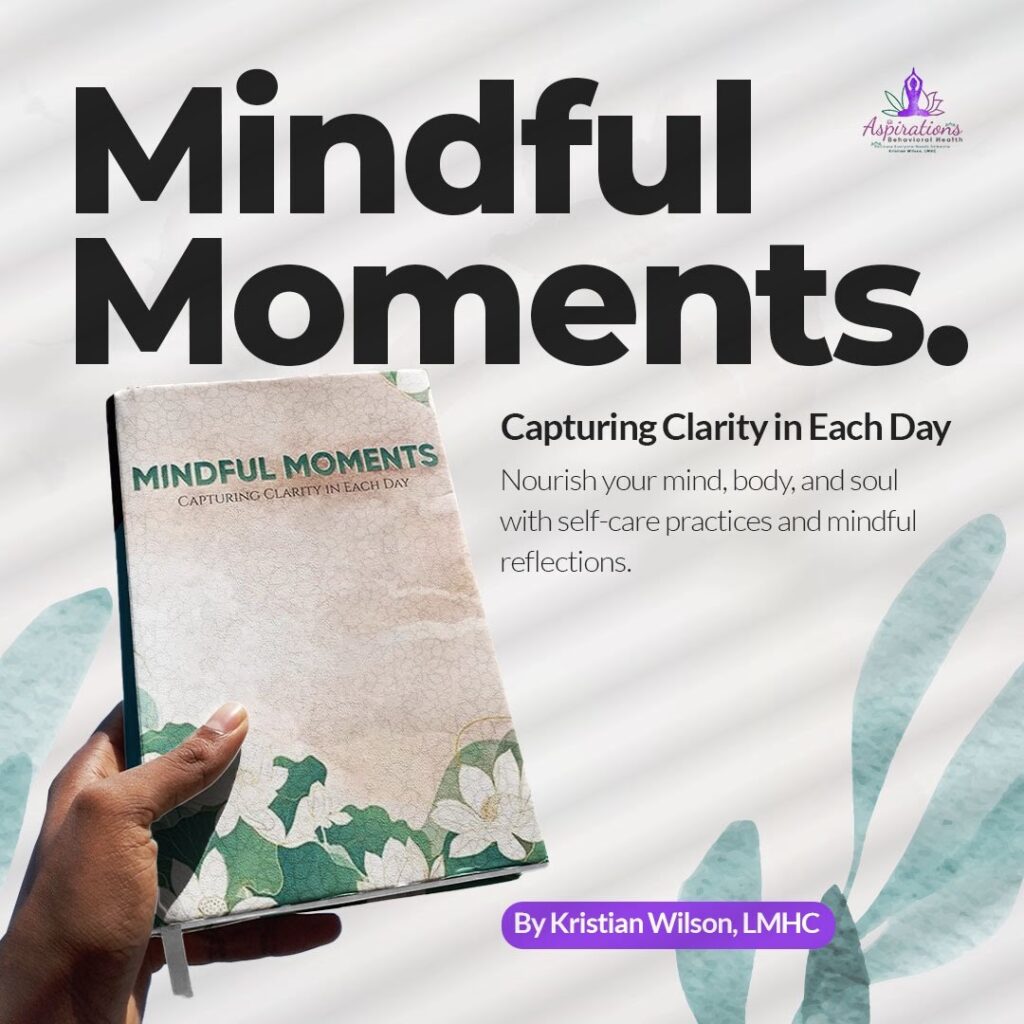What is Family Therapy
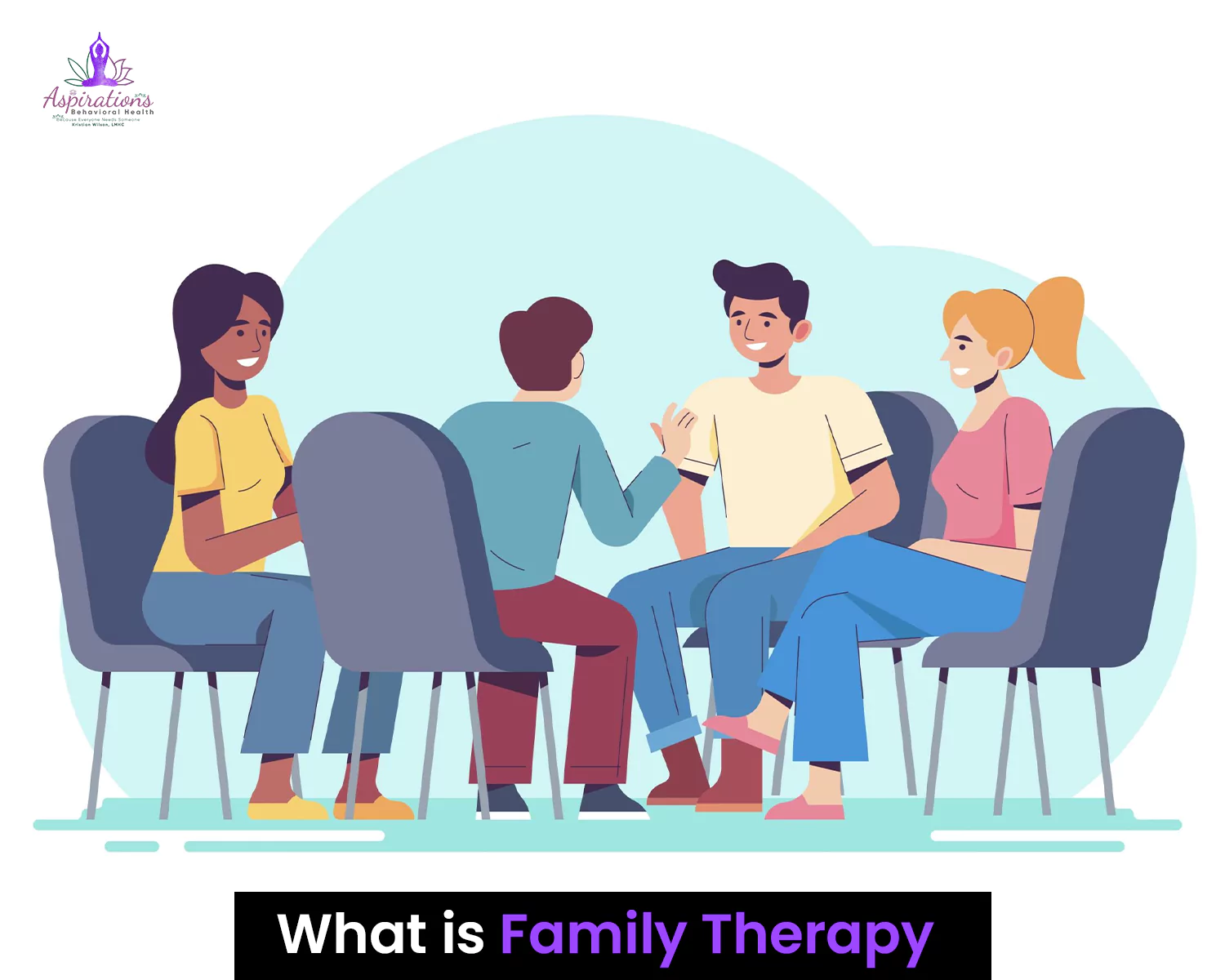
Family therapy, also known as systemic therapy, operates on the fundamental principle that an individual’s mental health is intricately linked to the dynamics of their family unit. Unlike traditional therapeutic approaches that focus solely on the individual, family therapy considers the family as a system, acknowledging the interconnectedness of its members.
Family therapy, otherwise called foundational therapy, is a methodology that sees people inside the setting of their family framework. Unlike customary restorative models that emphasize the individual, family treatment perceives the interconnectedness of relatives and how their elements add to emotional well-being issues.
Family therapy works on a few essential standards. It sees issues as appearances of useless family examples and looks to achieve positive change by tending to these examples. Specialists in this field work cooperatively with families, perceiving that everybody in the family framework assumes a part in the difficulties and the arrangements. visit aspirations health.
How Family Therapy Works
Family therapy activities are likened to stripping back the layers of an onion. Advisors intend to reveal and comprehend the many-sided connections, correspondence styles, and standards of conduct inside the family. This cycle includes dynamic cooperation from all relatives, cultivating a cooperative excursion toward understanding and goal.
Identification of Patterns and Behavior
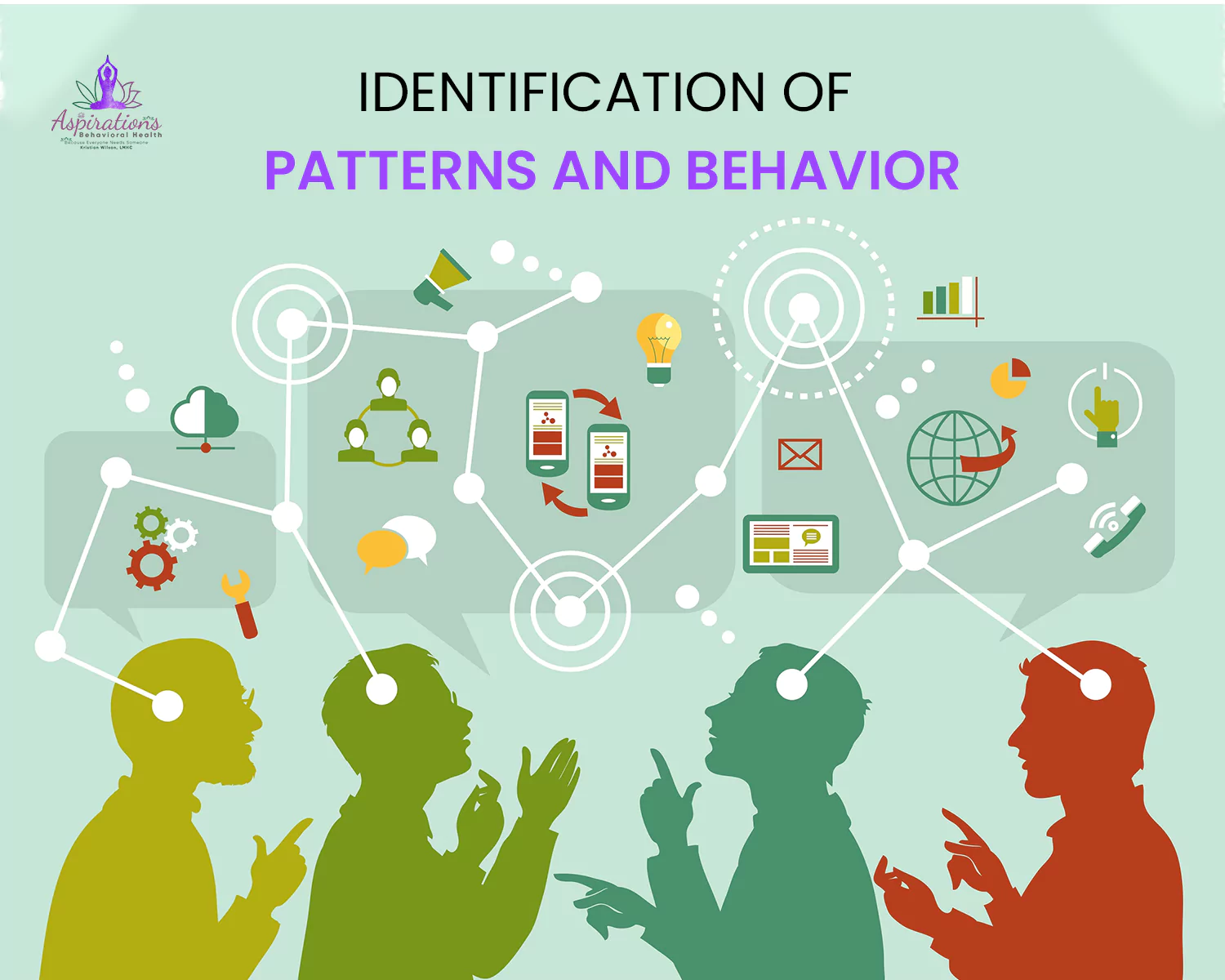
The underlying period of family therapy includes distinguishing existing examples and conduct that might add to emotional wellness issues. Specialists distinctly notice correspondence elements, power structures, and close-to-home articulations inside the family setting.
Promoting Open Communication
Vital to the outcome of family therapy is the advancement of transparent correspondence. Specialists make a place of refuge for relatives to offer their viewpoints and sentiments without judgment. This empowers straightforwardness and permits covered issues to surface for investigation.
Restructuring Dysfunctional Patterns
Once seen, guides work with families to recreate broken plans. This could consolidate reevaluating points of view, changing correspondence styles, and creating empathy among relatives. The objective is to improve more adaptable ways of managing and interacting with each other.
The Preventive Aspect
While family therapy is a powerful meditation for existing issues, its preventive job is similarly critical. By tending to hidden pressures and further developing correspondence inside the family, specialists assist with solid groundwork to forestall the heightening of psychological wellness concerns.
Also Read About: Marriage Counseling Alone to Make Things Work
Early Intervention for Lasting Impact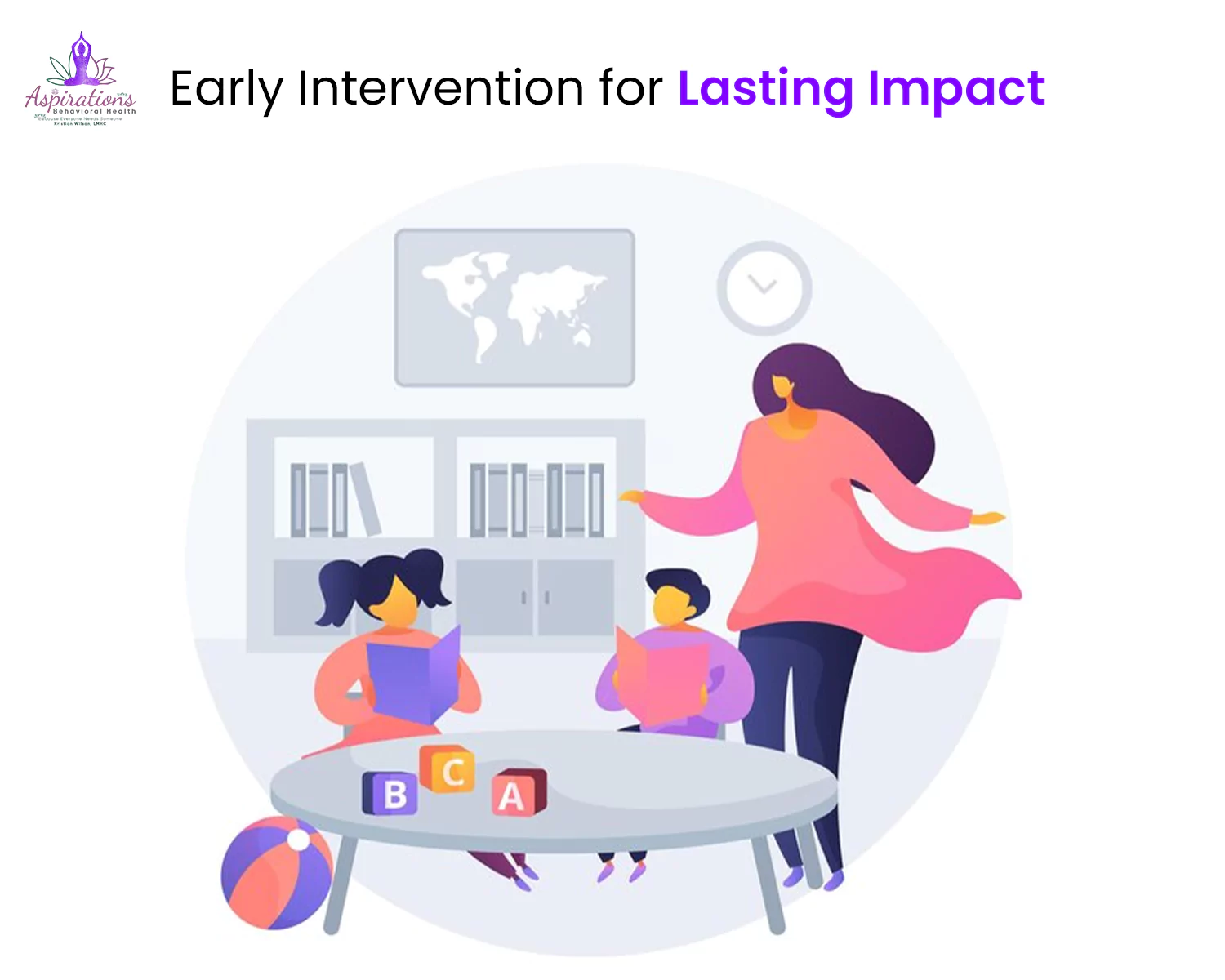
Family therapy is not reserved for families in crisis; it is a proactive tool for early intervention. By addressing minor conflicts and communication breakdowns early on, therapists help families build resilience and equip them with the tools to navigate future challenges.
Education and Skill Building
A vital piece of family therapy includes teaching relatives about emotional wellness and outfitting them with adapting abilities. This strengthening guarantees families are more ready to
deal with stressors and difficulties, adding to long-term psychological well-being and prosperity.
Mental Issues That Family Therapy Focuses On Navigating the Complex Terrain of Family Dynamics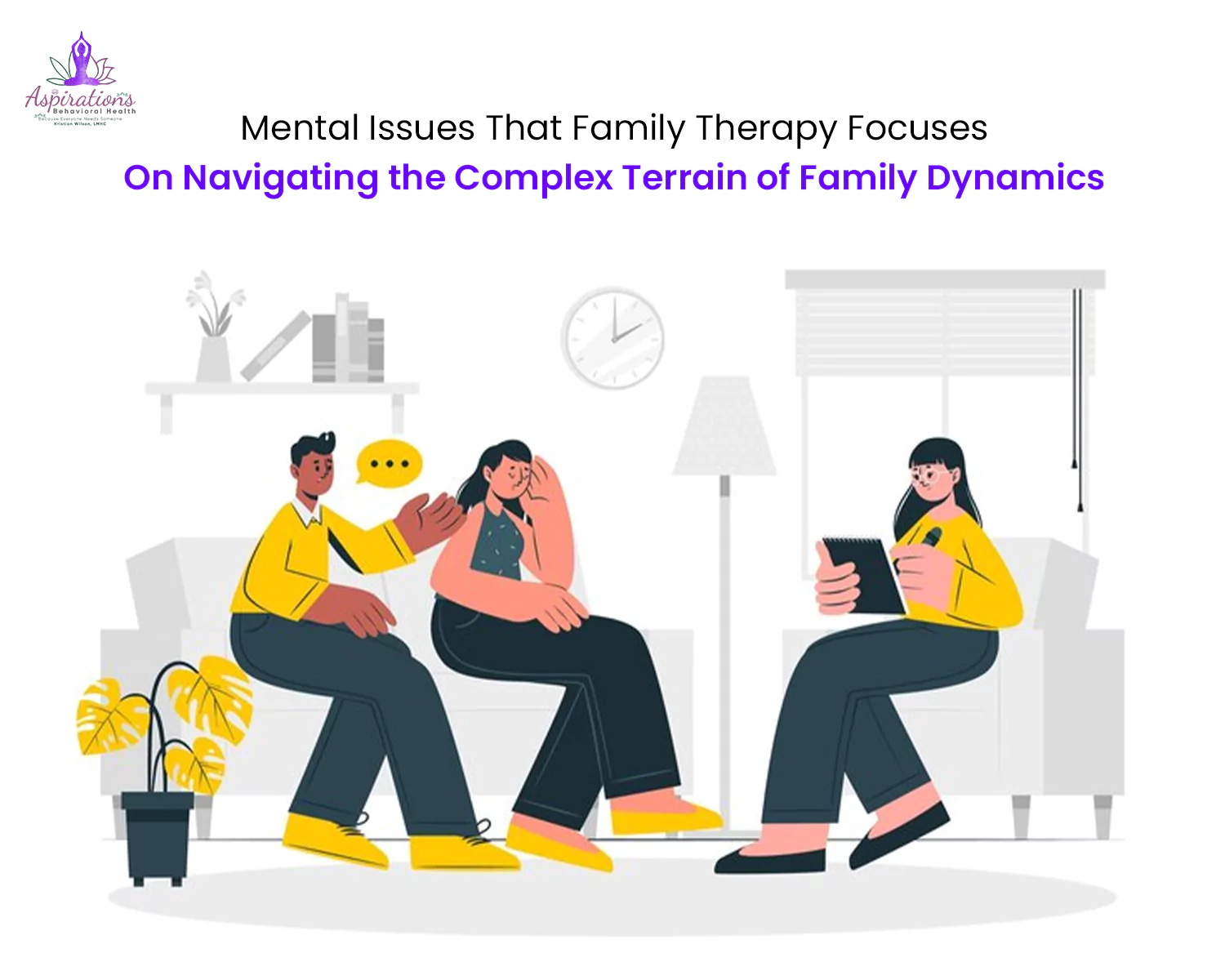
Family therapy is a comprehensive and cooperative methodology that tends to a wide cluster of emotional well-being issues inside the setting of familial connections. Acknowledging that singular prosperity is unpredictably associated with relational intricacies frames the groundwork of family treatment. In this article, we investigate the psychological issues that family therapy centers around, revealing insight into how this restorative methodology explores the mind-boggling landscape of day-to-day life.
Communication Breakdowns
One of the essential issues that family therapy addresses is correspondence breakdowns inside the nuclear family. Ineffectual correspondence can prompt mistaken assumptions, clashes, and sensations of disconnection among relatives. Specialists work to distinguish and redress correspondence designs, cultivating open and valuable discourse.
Conflict and Resolution
Families frequently face clashes emerging according to varying viewpoints, values, or assumptions. Family therapy gives an organized space for families to address and resolve clashes cooperatively. Specialists guide the family in creating sound compromise procedures, advancing comprehension, and splitting differences.
Parent-Child Relationships
Family therapy assumes a pivotal part in tending to difficulties inside parent-kid connections. This incorporates issues connected with nurturing styles, generational holes, and the effect of parental conduct on a kid’s psychological prosperity. Specialists work to reinforce these connections, establishing a solid family climate.
Mental Health Conditions
Family therapy is instrumental in tending to and supporting individuals with profound prosperity conditions inside a family setting. It gives a phase for families to grasp and adjust to conditions like bitterness, disquiet, bipolar unrest, and schizophrenia. The consideration is making strategies for real-life adaptations and developing empathy inside the family.
Addiction and Substance Abuse
Issues connected with fixation and substance misuse can profoundly affect relational peculiarities. Family therapy intercedes by tending to the underlying drivers of habit, offering help to both the individual battling with substance misuse and their relatives. The objective is to establish a sound climate helpful for recovery.
The Role of Family Therapy in Mental Health Awareness and Prevention
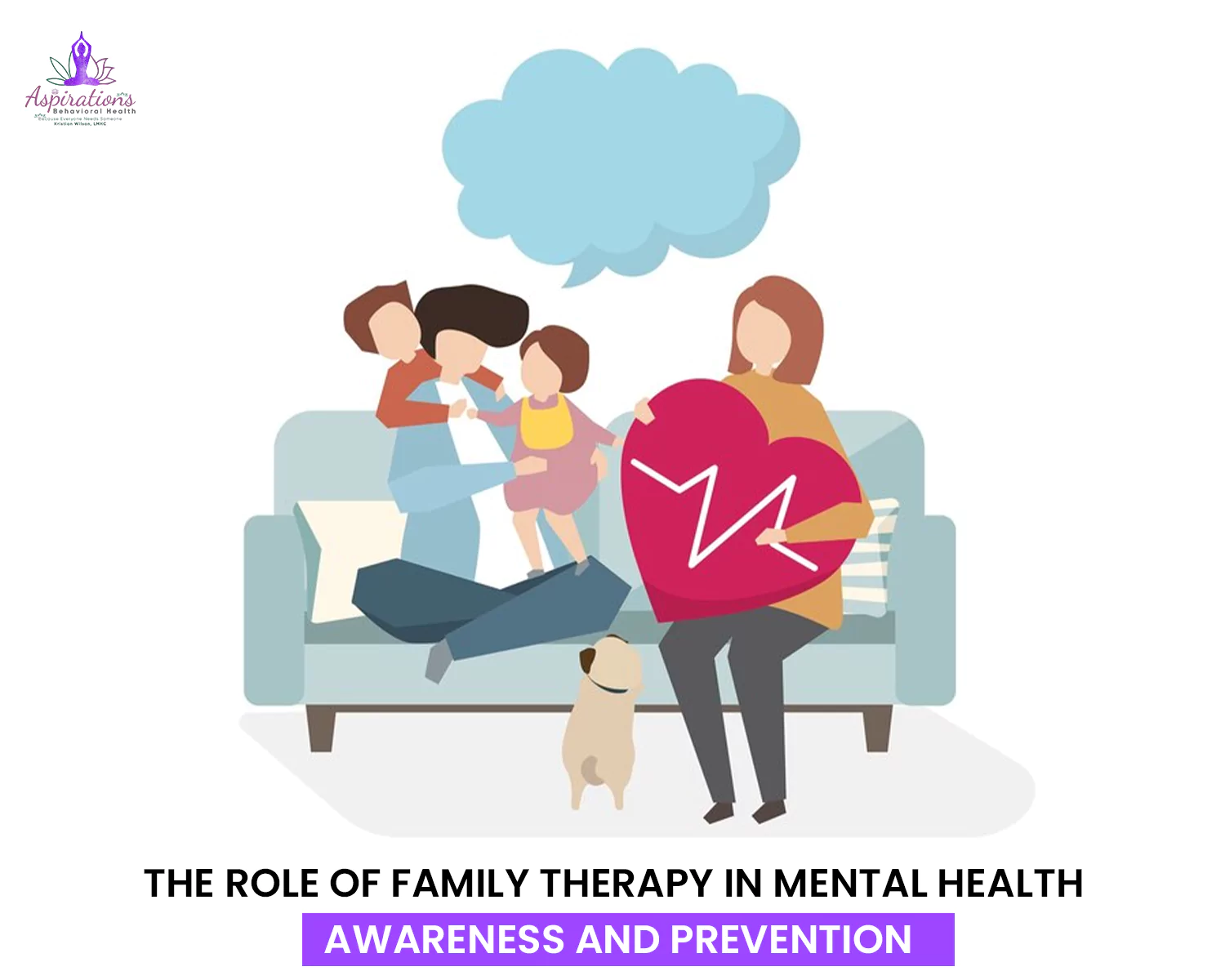
Psychological well-being is necessary for general prosperity, and mindfulness about it has been consistently filling lately. As we dive into the complicated texture of psychological well-being issues, it becomes clear that the nuclear family assumes a pivotal part in both the turn of events and the goal of these difficulties. In this far-reaching article, we will investigate the multi-layered scene of family therapy, emphasizing primary family therapy and its vital job in advancing psychological wellness, mindfulness, and counteraction.
The Role of Structural Family Therapy
Among the various approaches to family therapy, structural family therapy stands out for its emphasis on restructuring the family system. Developed by Salvador Minuchin, this approach views problems as a result of dysfunctional family structures and seeks to bring about positive change by altering these structures.
Therapy for Families: Exploring Options
Diverse approaches cater to different needs in the vast landscape of family therapy. Family systems therapy, another prominent model, examines the family as an emotional unit. Additionally, family counseling therapy explores the impact of past generations on present-day family dynamics.
Online Family Therapy: A Modern Approach
The innovation approach has achieved considerable changes in the conveyance of treatment administrations. Online family therapy has acquired ubiquity, giving availability and comfort. While it offers adaptability, difficulties, for example, guaranteeing a protected and secret climate, should be addressed.
Establishing Family Therapy Centers
Perceiving the significance of family therapy, committed focuses have arisen to offer particular types of assistance. These focuses are center points for remedial mediations, offering a scope of administrations that take special care of the novel requirements of families.
Engaging in Family Therapy Activities
Engaging activities are incorporated into sessions to enhance the effectiveness of therapy. These activities foster communication and strengthen the bonds between family members. Therapists employ various strategies to create a positive therapeutic environment, from interactive games to collaborative exercises. Also, read about the Benefits Of Family Counseling.
Best Practices in Family Therapy
Drawing on real-life case studies, this section highlights the successful outcomes of effective family therapy. By examining best practices, therapists can learn valuable lessons and implement strategies that yield positive results.
Integrating Technology in Family Therapy
As technology advances, therapists are integrating innovative tools into their practice. These technological advancements, from virtual reality simulations to teletherapy platforms, enhance the therapeutic process and improve families’ outcomes.
Challenges in Family Therapy
While family therapy is an integral asset, it accompanies its arrangement of difficulties. Recognizing and defeating these impediments is significant for specialists to give powerful mediation and backing to families out of luck.
The Impact of Family Therapy on Mental Health Awareness
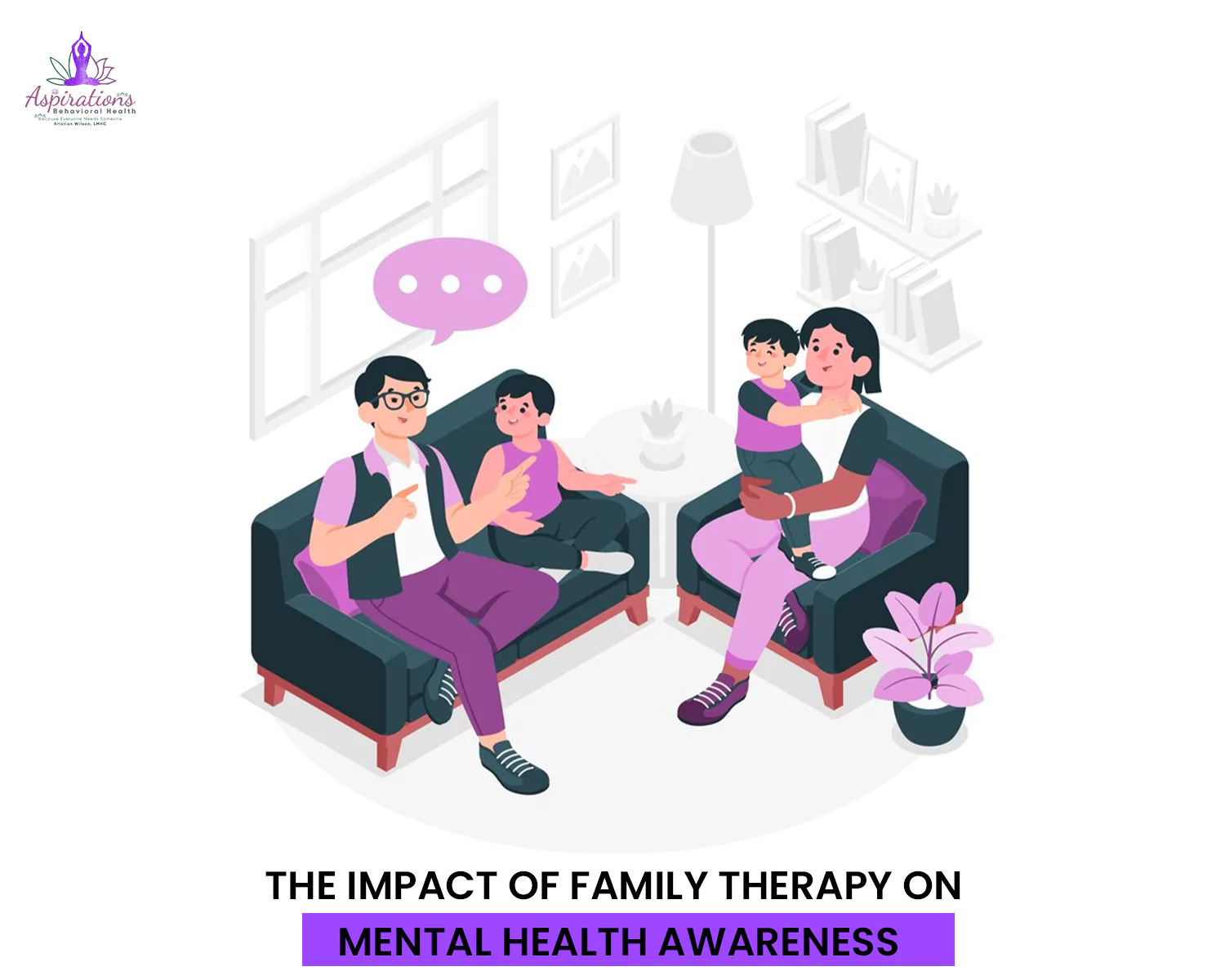
This part explores how family therapy adds to breaking marks of shame, encompassing psychological wellness. By encouraging open discussions inside families, therapy becomes an impetus for more extensive cultural change.
Real Stories of Transformation
Through private accounts, we dig into genuine accounts of people and families whose lives have been influenced by family therapy. These contextual investigations briefly examine the extraordinary force of helpful mediation.
Navigating Family Dynamics
Understanding the different ideas of family structures is fundamental for advisors. This part investigates the significance of fitting treatment ways to deal with different social foundations, convictions, and family compositions.
Future Trends in Family Therapy
As the field of family therapy evolves, new methodologies and research emerge. This section provides insights into future trends, offering a glimpse into the field’s direction.
Frequently Asked Questions (FAQs)
Is family therapy only for families facing severe issues?
Family therapy benefits many worries, from minor correspondence issues to additional severe difficulties. It isn’t solely for families in an emergency, yet it can improve general relational peculiarities.
How long does family therapy typically last?
The scope of family therapy shifts, relying on the multi-layered nature of the issues being tended to. Several families could see improvement in a few social occasions, while others could require more broadened therapy.
Can online family therapy be as effective as in-person sessions?
Research proposes that web-based family therapy can be as compelling as face-to-face meetings. The key is to guarantee a protected and confidential climate for virtual meetings.
What are some signs that a family may benefit from therapy?
Signs that a family might profit from treatment incorporate relentless contentions, correspondence breakdowns, irritating issues, and difficulties adjusting to life changes.


